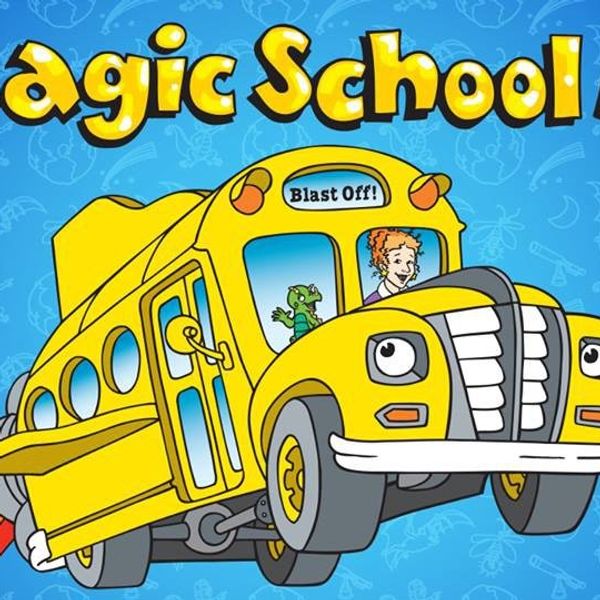This summer, I am taking an intercession over post-apocalyptic and dystopian literature. In this class we will explore themes of the "end-of-times" in literature across mediums and throughout time. In this class we are working from a reading list structured by the professor.
1. The Handmaid's Tale by Margaret Atwood
The first book on the reading list is one of critical acclaim. Coming from 1986, this novel is set in a dystopian future in the totalitarian country of Gilead, which formed after the second American Civil War. It follows a woman who is enslaved to produce children for a commander and her fight to survive the oppressive world she lives in.
2. Station 11 by Emily St. John Mandel
I am no stranger to this National Book Award Finalist. Coming from 2014, this novel takes place in a post-pandemic America long after the collapse of society as we know it. It follows a travelling performance group trying to preserve pre-pandemic art and their battle against a dangerous prophet from a new religion.
3. Binti by Nnedi Okorafor
This novella from 2015 is a slight outlier on this list. It follows Binti, who is the first of her people to attend a prestigious university and tracks her struggles to maintain her traditional culture in a place that doesn't want it. The story is still set in a dystopian society, but also veers into the territory of sci-fi as Binti gets involved in a war against an alien species.
4. Our Lady of the Ruins by Traci Brimhall
I'm no stranger to apocalypse themed poetry, but this book of poetry from 2012 is a very interesting example. This winner of the Barnard Women Poets Prize follows a group of women exploring a mid-apocalyptic world. Written in a mythological style, the poems in this book explore war, plague, famine, and religion.
5. Field Guide to the End of the World by Jeannine Hall Gailey
As the final book of this list, this 2016 book of poetry is an interesting one for sure. This book details various ways of life after the apocalypse. This book is not as connected as the previous book on this list, but maintains a perfect sense of dark comedy in troubling times.
It is interesting to see how our concept of the apocalypse and of a dystopian future have changed over time. This class is not in response to COVID-19, but has put this ever-changing idea of dystopia into a whole new perspective.



















